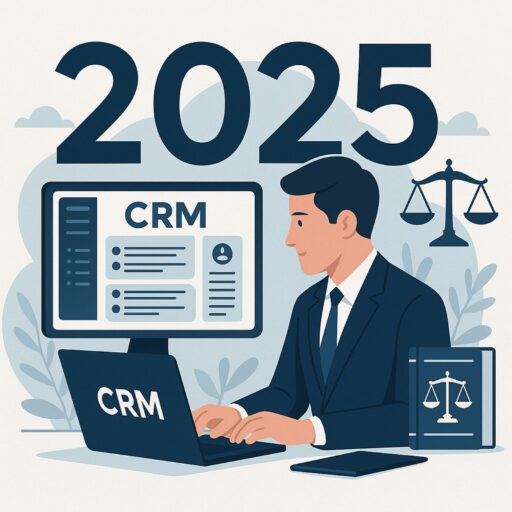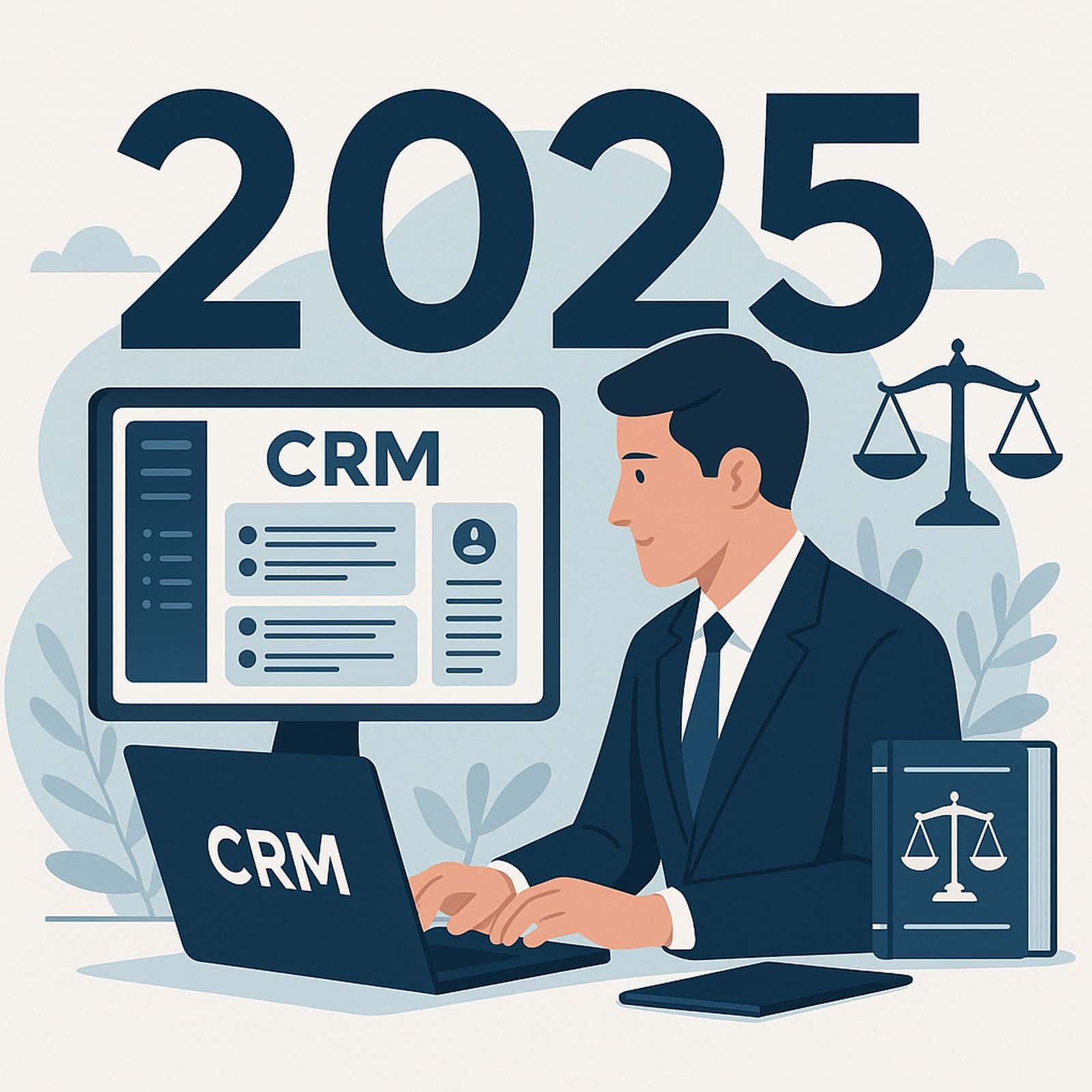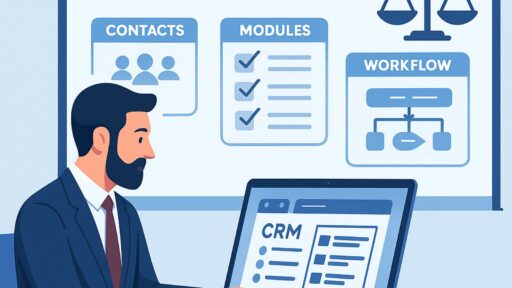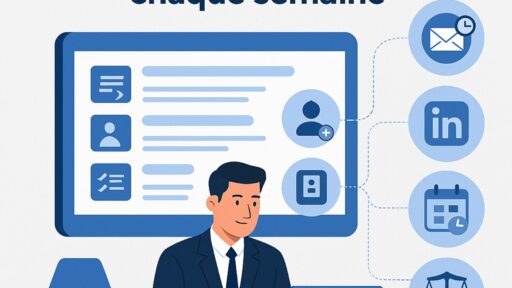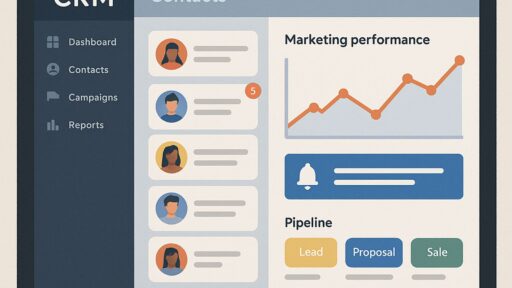A Profession in Constant Evolution
By 2025, the legal profession is no longer limited to courtroom advocacy. Competition is rising, and clients expect more personalized service. Client relationships have become a strategic asset. Lawyers now need to be skilled managers as well as legal experts. Managing appointments, tracking cases, automating follow-ups, and centralizing legal documents all require smart tools.
This is where CRM (Customer Relationship Management) software comes into play. Though traditionally linked to sales, a CRM fits perfectly in a law firm. It helps structure the practice, save time, and deliver a smooth, professional client experience.
Legal Sector-Specific Challenges
A lawyer manages multiple tasks daily:
- Handling various clients (prospects, active and past clients)
- Following up on complex legal cases
- Communicating with partners and other lawyers
- Respecting procedural deadlines
- Managing billing and follow-ups
Without a centralized system, these tasks are often scattered across emails, Word documents, calendars, and spreadsheets. This leads to lost information, missed follow-ups, and damage to the firm’s reputation.
Common Errors Without a CRM
Examples of mistakes in firms not using a CRM:
- A client isn’t reminded to send a crucial document → case delay.
- Email exchanges are scattered across inboxes → poor oversight.
- A hearing is missed due to mismanagement → serious professional consequences.
- Billing is manual → frequent errors and late payments.
Such mistakes cause stress and can even have legal consequences.
How a Legal CRM Transforms Law Firm Management
A CRM tailored for legal professionals enables:
- Centralizing all client and case data in one interface
- Automatically scheduling key deadlines (hearings, billing, follow-ups)
- Creating ready-to-use legal email templates
- Tracking case progress step-by-step
- Automating recurring admin tasks
For instance, a labor law attorney handling many employment cases can track upcoming hearings, confirm which clients approved their strategy, and automatically send reminders before deadlines.
And for Small Practices?
Even solo lawyers or small firms can benefit from a micro CRM or a solution like NextLead. It offers a simple, affordable interface that structures activity without adding complexity.
Tools like Zapier can also connect the CRM to Gmail, Google Calendar, or DocuSign for further automation.
What Professionals Say
Many lawyers who use CRM tools report a significant time savings and better client management. According to a LexisNexis study, some firms reduced administrative work by 30 to 50%.
Conclusion
By 2025, a CRM is no longer a luxury for lawyers—it’s a strategic partner. It helps structure tasks, reduce errors, and frees time to focus on what truly matters: defending clients. Whether it’s organizing time, professionalizing communication, or easing the mental load, a CRM transforms daily law practice.



